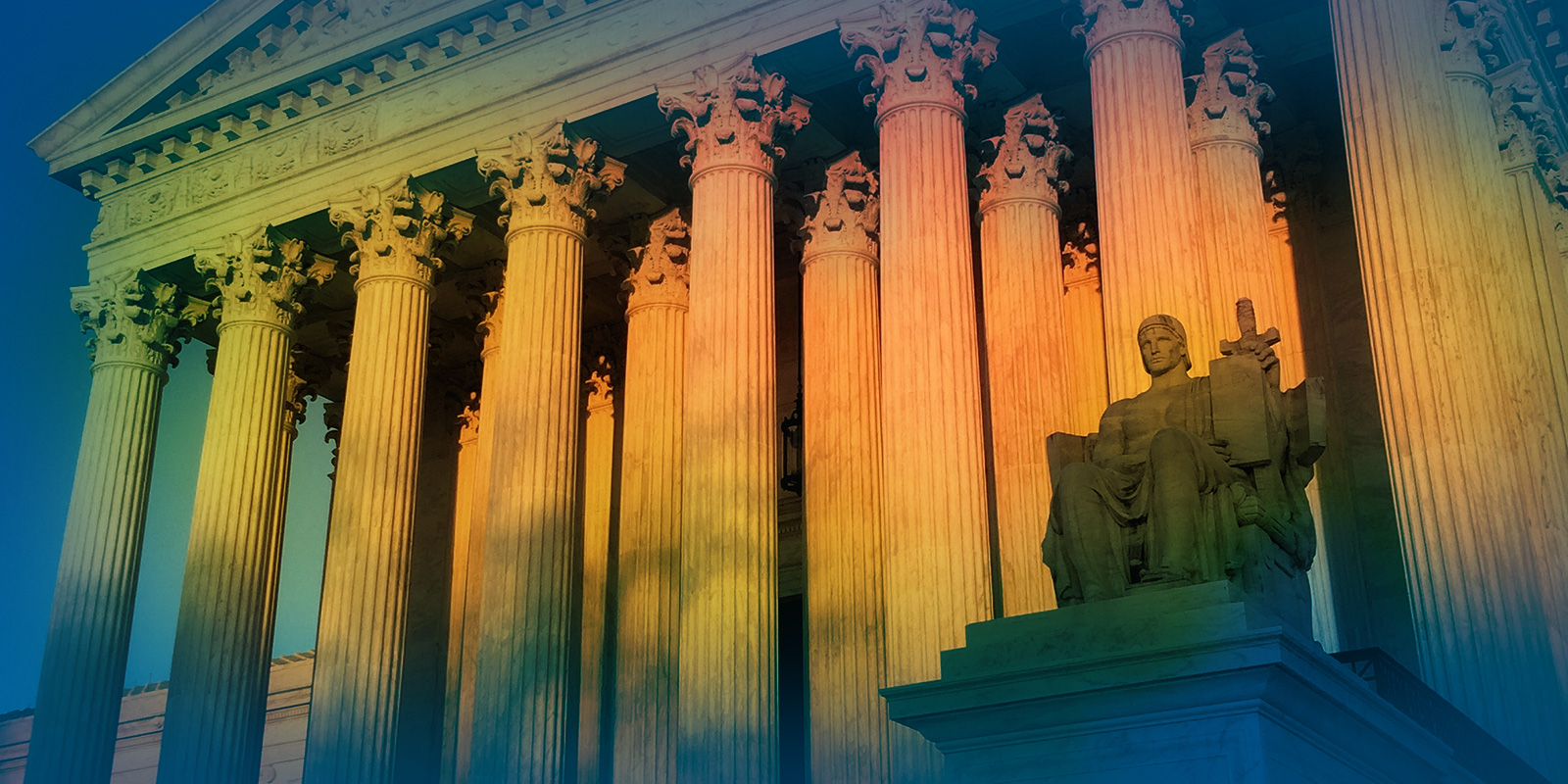
Coal companies prevail in Supreme Court battle over EPA's power
Client(s) North American Coal Corporation
In a high-profile and much-awaited decision on the final day of its term, the Supreme Court ruled in favor of Jones Day's client, the North American Coal Corporation, by reversing a D.C. Circuit decision that gave the EPA sweeping authority to transform the power sector as a means of reducing greenhouse gas emissions.The lower court had vacated a Trump-era regulation that, in turn, had rescinded the Obama-era "Clean Power Plan." The case hinged on the scope of authority delegated to the agency under Section 111(d) of the Clean Air Act. Jones Day argued that the provision does not authorize the agency to impose measures that would shift the entire energy system away from fossil fuels, and that a broader authorization would require a clear statement from Congress in light of the "major questions" doctrine.
In a 6-3 opinion, Chief Justice John Roberts agreed with Jones Day's position and reversed the D.C. Circuit, thereby reinstating the prior administration’s repeal of the Clean Power Plan. The Court majority rested principally on the major questions doctrine, which it described as precluding administrative agencies from inferring "extraordinary grants of regulatory authority" from ambiguous statutory language. The Clean Air Act lacked clear authorization, the Court ruled, for the EPA to "substantially restructure the American energy market." Section 111 allows the agency to cause regulated sources like power plants to "operate more cleanly" but it does not permit the EPA to mandate "a shift throughout the power grid from one type of energy source to another." "A decision of such magnitude and consequence rests with Congress itself, or an agency acting pursuant to a clear delegation from that representative body."
The Court's decision, and the skepticism it manifests toward grandiose arrogations of authority by administrative agencies, promises significant consequences for administrative law well beyond the particular context of greenhouse gases and the Clean Air Act.
West Virginia v. EPA, No. 20-1530 (U.S.) and consolidated cases
